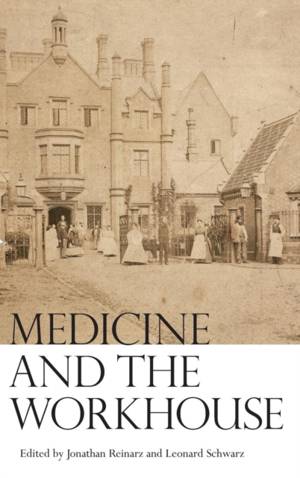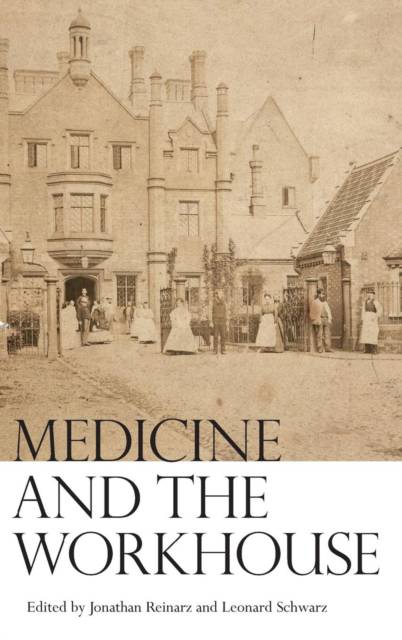
- Afhalen na 1 uur in een winkel met voorraad
- Gratis thuislevering in België vanaf € 30
- Ruim aanbod met 7 miljoen producten
- Afhalen na 1 uur in een winkel met voorraad
- Gratis thuislevering in België vanaf € 30
- Ruim aanbod met 7 miljoen producten
Zoeken
Medicine and the Workhouse
€ 209,45
+ 418 punten
Omschrijving
While the welfare functions of the workhouse have been well researched, its medical services have been comparatively neglected. Throughout the eighteenth and nineteenth centuries, and despite much administrative reform, workhouse medicine remained central to the medical experiences of the poor. Workhouse beds in Britain, for example, far outnumbered beds provided by charitable hospitals, which have often been the subject of historical study, and, by the 1830s, most parishes possessed their own workhouses. A high percentage of entries to workhouses consisted of the sick of all ages. In those communities where the elderly comprised the majority of workhouse inmates, most required medical relief. Perhaps inevitably, the position of workhouse doctor, or medical officer, became progressively more central to the management of these institutions, though we know very little about these overworked and undervalued practitioners. Historians of welfare, the English poor laws, and medicine have been aware of the importance of workhouse-based medical relief in the past, but the topic has not been studied in depth. This is the first book to examine the history of the medical services provided by these welfare institutions, both in Britain and its former colonies, over the period covered by the Old and New Poor Laws. Jonathan Reinarz is director of the History of Medicine Unit at the University of Birmingham, UK. He has published extensively on the history of English medical institutions, 1750-1950. Leonard Schwarz has recently retired as a reader in Urban History at the University of Birmingham, where he founded the Birmingham Eighteenth Century Centre.
Specificaties
Betrokkenen
- Uitgeverij:
Inhoud
- Aantal bladzijden:
- 290
- Taal:
- Engels
- Reeks:
- Reeksnummer:
- nr. 27
Eigenschappen
- Productcode (EAN):
- 9781580464482
- Verschijningsdatum:
- 1/10/2013
- Uitvoering:
- Hardcover
- Formaat:
- Genaaid
- Afmetingen:
- 152 mm x 229 mm
- Gewicht:
- 557 g

Alleen bij Standaard Boekhandel
+ 418 punten op je klantenkaart van Standaard Boekhandel
Beoordelingen
We publiceren alleen reviews die voldoen aan de voorwaarden voor reviews. Bekijk onze voorwaarden voor reviews.







